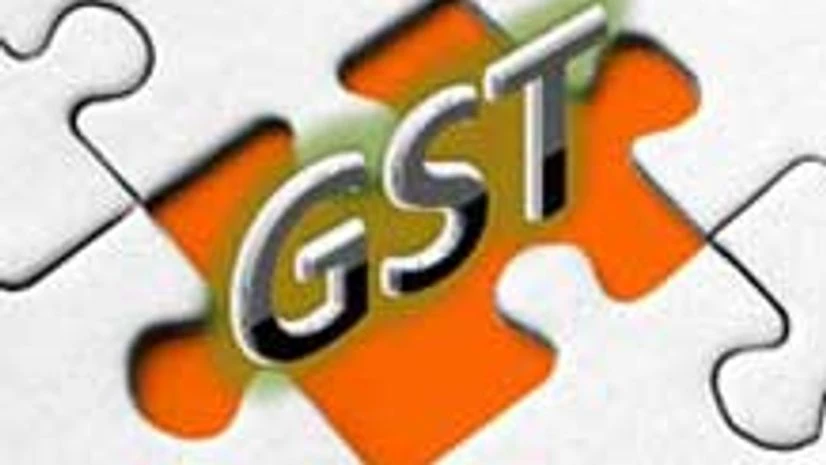“The major proposal in today’s (Thursday) meeting is that certain exclusions were made in the original draft — exclusion of certain goods from the GST, like petroleum products and liquor. Detailed discussion will take place in the next meeting in Meghalaya,” said Abdul Rahim Rather, chairman of the empowered committee of ministers and finance minister of Jammu and Kashmir.
The Constitution amendment Bill as tabled by the finance ministry in Parliament had excluded these products from the ambit of GST. However, Parliament’s standing committee, headed by Bharatiya Janata Party leader Yashwant Sinha, had suggested not to mention the exclusion of these products in the Bill. The finance ministry had accepted almost all the recommendations of the committee.
On Thursday, the EC constituted a sub-committee to look into the recommendations of the standing committee, the revised draft of the Constitution amendment Bill, and the decisions taken by the states in their earlier meetings on the layout of GST. The committee comprises officials of the Centre and state governments. “This committee will come up with recommendations after going through all these recommendations in the next meeting in November,” said Rather.
The sub-committee will also deliberate on the responses to be given to the 14th Finance Commission, headed by former Reserve Bank of India governor Y V Reddy.
The commission had asked the committee about the revenue loss to the Centre as well as states in case GST comes among other things.
After reaching a consensus with the EC on the Bill in its upcoming meeting, the finance ministry will take it to the Cabinet for introduction in the winter session of Parliament.
Although the GST rollout would not be possible under the regime of this government, passage of the Constitution amendment Bill in Parliament will be a huge step forward and could facilitate its early introduction when the new government comes into power.
Amendment of the Constitution is required since states cannot impose tax on services and the Centre cannot impose tax beyond manufacturing under the current scheme of things.
What may come in the way of a consensus on GST is compensation to states for loss of revenue due to a cut in the central sales tax.
Kiran Choudhry, excise and taxation minister of Haryana, said the EC should recommend 100 per cent compensation for the lost CST revenue for the year 2013-14. She added that the restoration of CST rate to 4 per cent from April 2014 should also be alternatively recommended till the time GST is actually rolled out.
CST is a tax on inter-state movement of goods and is not considered in sync with value added tax or GST. As such, it is to be abolished once GST comes into effect. Earlier, it was lowered in phases from four per cent to two per cent.

)
